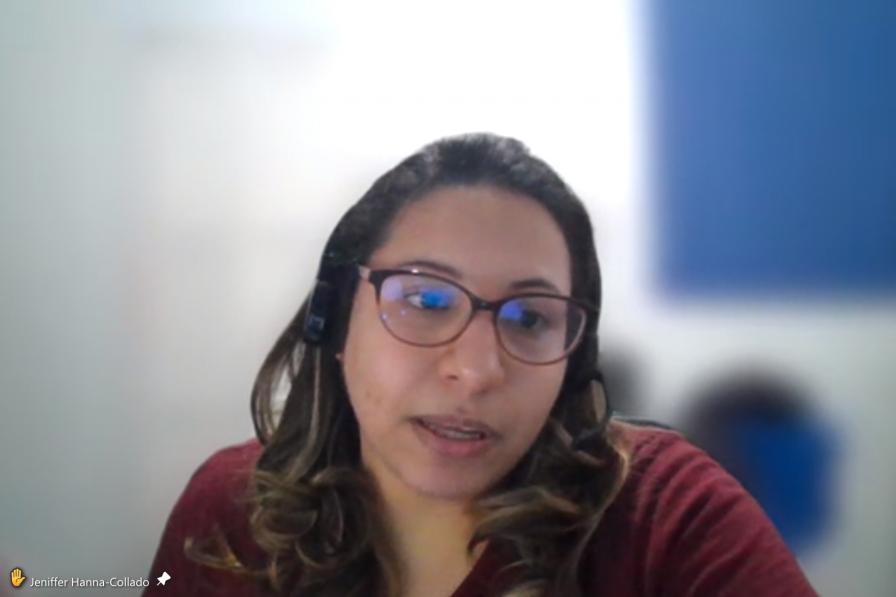The May-June 2021 UN Climate Change Conference wrapped up its second week of virtual discussions to prepare for the 26th meeting of the Conference of the Parties (COP 26) in Glasgow, Scotland, scheduled for November 2021.
Delegates engaged in informal consultations on transparency issues, Article 6 of the Paris Agreement (market and non-market approaches), the Nairobi work programme, the Doha work programme, and budgetary matters.
Matters relating to Article 6 of the Paris Agreement
Delegates discussed baselines and additionality, capacity building, and raised other substantive issues for further discussion. There were differing views on what baselines should apply, or if there should be a menu of options. Several potential definitions of additionality emerged. While there was widespread recognition of the need for capacity building, options ranged from using existing tools to launching a dedicated work programme. Many areas for future work were identified, including a proposal for a technical assessment of how the various options under consideration for Article 6.4 (the market mechanism) would affect environmental integrity.
Nairobi work programme on impacts, vulnerability, and adaptation to climate change
Discussions focused on the stocktake of the operational and institutional modalities of the Nairobi work programme (NWP), which is scheduled to take place in June 2022. There was broad support for inviting submissions by parties and non-party stakeholders, including NWP partners, to inform the stocktake and for requesting the Secretariat to provide a synthesis thereof. Several parties called for the stocktake to draw lessons learned at regional, sub-regional, and country-levels. Delegates debated the use of virtual meeting arrangement, with emphasis on use at the regional level to avoid time zone problems. Some supported continuing discussions in a fourth session of informal consultations, others did not. The Co-Facilitators will consult with the Chair of the Subsidiary Body for Scientific and Technical Advice on the way forward
Common reporting tables for national inventory reporting
Delegates exchanged views on an informal note prepared by the Co-Facilitators, making detailed comments on additional elements to be included in the note as well as proposed changes in phrasing. Several developed countries highlighted the note would benefit from more direct linkages to previous decisions and to the modalities, procedures, and guidelines (MPGs) agreed in Katowice (Decision 18/CMA.1). They called for better reflecting the balance of views expressed, underscoring that, for example, most parties opposed the deletion of rows and columns. Other points related to, among others: the importance of the reporting software in terms of user friendliness; compatibility between flexibility approaches; and support for developing countries’ reporting.
To receive continuing coverage of this event delivered to your inbox, subscribe to the ENB Update newsletter.












